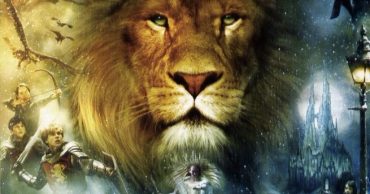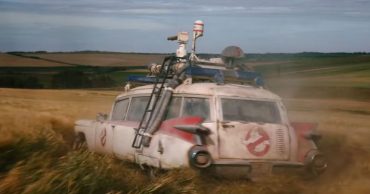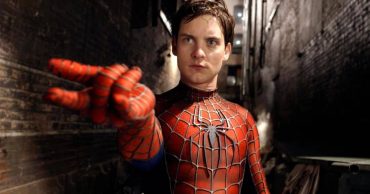Christopher Nolan, in recent times, has become a household name. Interstellar, Inception, Tenet, The Dark Knight Trilogy, and this year, his record-breaking Oppenheimer, they’ve all been well-thought-out masterpieces. However, there’s a recurring theme in his projects that his avid fans are fond of and now even casual viewers can’t help but notice — the concept of time.
The critically acclaimed director often takes time and turns it on its head in his movies — often leading audiences confused. Have you ever wondered why this motif keeps cropping up in Nolan’s cinematic universe? Let’s figure that out today. Nolan recently went candid to explain his thought process behind creating such complex plots around time.
Which Movies of Christopher Nolan Revolve Around Time?
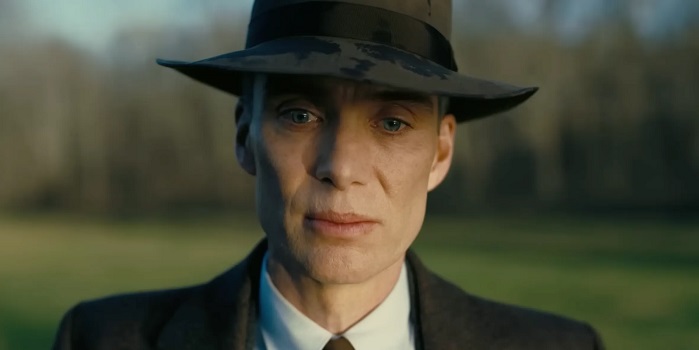
The list is long — starting with Memento, where Nolan puts forth a plot that literally moves backward. Then there’s Inception, where dream layers manipulate time differently, making minutes feel like hours or even years. Interstellar took it further and Nolan explored time dilation on different planets, making hours on one planet equivalent to years elsewhere. And let’s not forget Tenet, where the whole premise revolves around time inversion, with events unfolding in reverse. Recently, his blockbuster Oppenheimer took a slightly different approach but still explored time.
Why Is Time So Crucial in Christopher Nolan’s Movies, the Director Tells
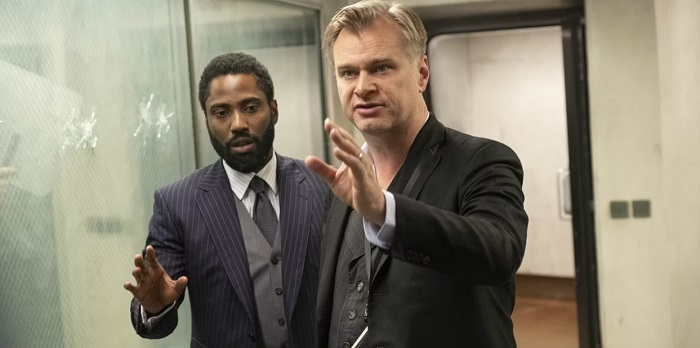
So, why does Nolan weave the element of time so fondly and intricately into his films? Well, in his own words, while speaking to The Graduate Center at the City University of New York, he remarked, “It’s a question I’ve been asked a lot about why am I so interested in time. To which my glib answer is, well I’ve always lived in it.” He further elaborated, “It’s the most fundamental part of our human experience, it’s, how we perceive the world is defined by time. Cinema is uniquely suited to dealing with it.”
How Does Christopher Nolan Use Time in His Films?
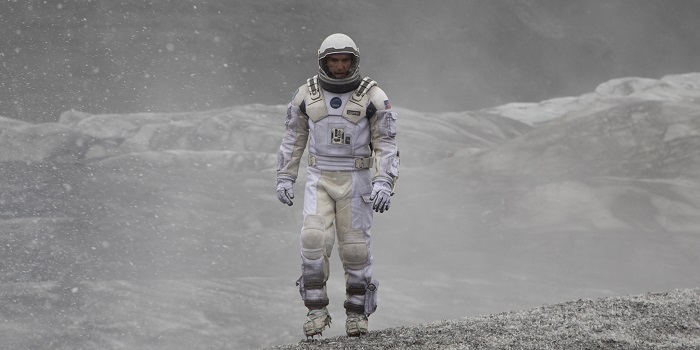
Nolan spotlights the very mechanics of time in cinema, making audiences aware of its passage, reversal, and alteration. His films often highlight how the camera, as he puts it, is a “time machine“, capturing moments in ways previously unimagined. His film Interstellar, for instance, follows the very principles of science, space, and time.
In Interstellar, a father basically journeys to another planet and ultimately descends into a black hole. The film delves deep into intricate dimensions and the enigma of time travel. When he eventually returns back to Earth, he finds his daughter aged by decades. Tenet introduces the audience to the notion of time inversion which revolves around fast-paced events unfolding both forwards and backwards. Nolan plays with these tantalizing ideas of time — concepts that, while theoretically possible, haven’t manifested in our reality. But with the pace of scientific discovery, who’s to say they won’t soon?
What Is the Most Complex Christopher Nolan Movie?
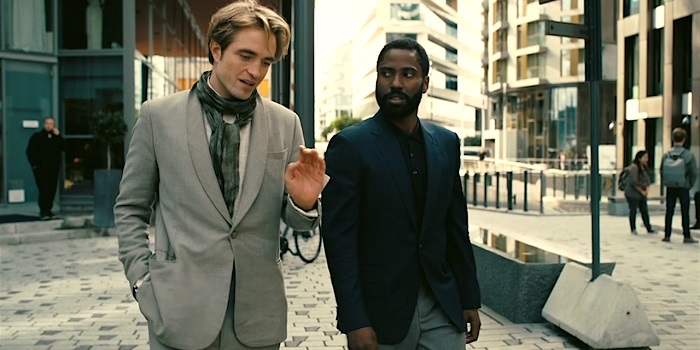
It has to be Tenet — which stars John David Washington and Robert Pattinson in lead roles. In the movie, Nolan introduces the idea of time inversion, where events unfold both forward and backward simultaneously. It’s like watching a movie where the rewind button is constantly being hit, but there’s still a forward story being told. Imagine tying your shoelaces while simultaneously untying them — that’s how Tenet feels. It’s a mind-boggler and can take a couple of watches to truly grasp. So, if you’re up for a challenge, Tenet is the Nolan movie that might just make your head spin the most.
Are Christopher Nolan’s Movies Scientifically Accurate?
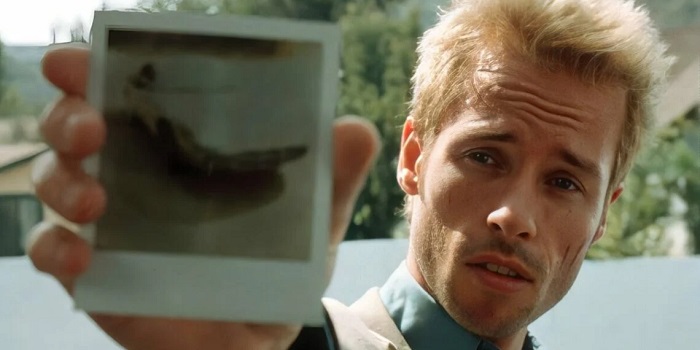
Christopher Nolan’s movies, while deeply rooted in scientific concepts, often take artistic liberties for the sake of storytelling. For instance, Interstellar consulted physicist Kip Thorne to depict black holes accurately, but it also contains elements that stretch current scientific understanding. Similarly, Tenet uses the idea of time inversion, which is more of a theoretical concept than a proven reality. So, while Nolan’s films are heavily inspired by science and often consult with experts to ensure some level of accuracy, they’re primarily works of fiction. They’re meant to entertain and provoke thought, rather than provide a strict science lesson. But one can certainly begin to understand time by watching his films.
Is There an Upcoming Christopher Nolan Movie?
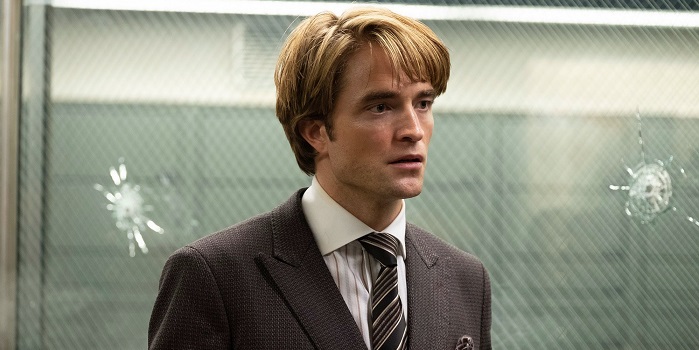
While there isn’t any confirmation on his next film as of yet, there has been chitter-chatter about a potential film for James Bond franchise. Christopher Nolan has only made 12 films so far and all of them have been massive hits. So while nothing is confirmed as of yet, a film on the cult-favorite and classic Agent 007 might just be his next hit.
 Follow Us
Follow Us
